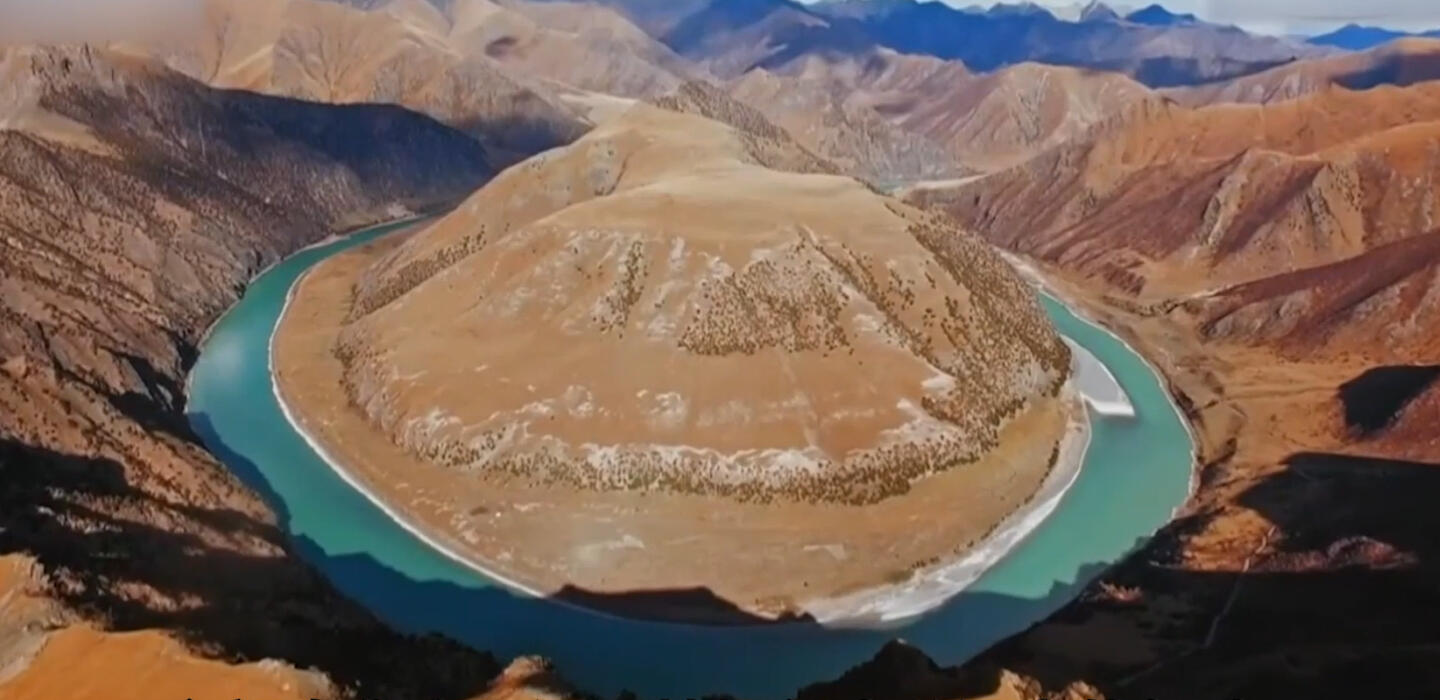Kyle Obermann 再次歡迎你來到The China Current !第一節我們談到了你在德州的生活,之後你到了中國成為一位自然生態保育攝影師。我拜讀過你在《國家地理》刊登的一篇文章,內裡有你在三江源拍攝得十分漂亮的相片。到底三江源有甚麼重要性?
那是三大河的源頭,對嗎?黃河、揚子江和湄公河都發源自三江源,為大部分中國和東南亞地區提供水源,是雪豹的棲息地,又是中國第一個國家公園,是開啟將來中國的國家公園的模式。它的面積有黃石國家公園的三倍,非常龐大,而且海拔高得多,是5000 米左右,十分厲害。
置身當地的感覺又是如何?
那裡是一片原野,聽起來很簡單,一片浩瀚。你坐在三江源,高得好像雲會碰到地面,因為地勢很高。一望無際,眼下只有原野,沒有任何建築物沒有人。
你搖身一變成為探險家,花了至少5年時間而且還一直持續下去,深入中國一些幾乎是從未有人踏足的地方。你探索到些甚麼,又有甚麼得著?
個人來說我就認識了人與保育有很密切的關係,在中國要做好土地保育就要先關注當地的人,你不能單靠呼籲,要先為當地人解決生活、糧食供應、孩子教育就業的問題。因此在中國推行環境和土地保育,很多時就等於教育和扶貧的工作。
你認為中國要在保育和環保方面做些甚麼?很多人還是聯想起大都市的問題,例如北京的污染情況。
中國是一個有著非常龐大的生態系統,和生物多樣化的國家,實際上比美國更龐大。所以當大家討論到各個物種的保育,就以雪豹為例,中國就可以有非常重要的角色。中國同時可以為其他發展中國家樹立例子,有眾多的人口居住在原野的附近,現在已經可以看見中國將經驗帶到世界其他地方。中國訂下了2020年滅貧的目標,剛剛亦宣佈達成了。有部分脫離貧窮的人口正是居住在保育區內的人,其中有很多人跟住在三江源的居民一樣。有「一人護林、全家脫貧」這個計劃,家人當中有一位當上國家公園的護林員,可以領到工資,從事科學勘探和監測的工作,做我們的嚮導或監視非法狩獵活動等。他們想出可以利用國家公園提供機會,找出不同的方式去扶貧。
你過去一直致力做的事,有沒有增加你對地球的認識?還是對人有更多的了解?
我覺得認清了人是不可以從大自然分割開來,我們還要治理好大自然。很多住在貧困的村落中的居民,比我們大部分人更接近大自然。保育就是平衡兩者,找出共生共存的方法,人類又可以走進大自然體會它的法則,對人類的心靈和文明的發展都很重要。
Kyle Obermann, welcome back to The China Current. In our first conversation, you spoke about your life in Texas, and how you become an environmental photographer in China today. I read this beautiful essay that you wrote and illustrated with your picture on Sanjiangyuan in National Geographic. Sanjiangyuan, why is it so important?
It's the source of the Three Rivers, right? So, the Yellow and the Yangtze and the Mekong River all come from Sanjiangyuan, which provides water for not just most of China, but also Southeast Asia. But also, it's the habitat of snow leopards. And it's the first national park, right? It's China's model for the future on how we see national parks in China.
Three times the size of Yellowstone...
Massive. Really big and much, much higher, like 5000 metres. So, it's pretty intense.
What does it feel like being there?
Just wild. It sounds simple to say "wild", but it's an expanse. You can be sitting there, so high up and just look, and it's almost the clouds are touching the ground, because you're so high up. And as far as you can see, it's just wild. There's no building no human.
You're actually also an explorer. You’ve spent years, five years and counting, going into parts of China that hardly anyone gets a glimpse of, let alone a pretty good taste for. What have you explored and what have you learned?
For me, I think I've most clearly learned the link between people and conservation, the fact that you cannot do conservation, especially in China, without doing the people first. You cannot tell someone to conserve the land without solving the issue of their livelihood, or their dinner, or their children's jobs or school. So, in China especially when we talk about conservation, protecting these lands, most of the time it actually comes down to education and poverty relief.
What does China have to do with conservation and protection of the environment? Because so many people associate it for its urban centres and the great pollutions in cities like Beijing?
China as a nation, again, the diversity of biomes and ecosystems is massive. It's more than the US in fact. So, when we talk about conserving species, even like the snow leopards, China is critical that we protect these species. But also, I think it provides a model for developing nations around the world that have large populations living close to wildlife that are still developing. Now we're seeing China's experience being exported to other places around the world as well. China had the goal of eliminating poverty in 2020 and they just announced that they did it. So, part of that has been relieving poverty of these people living in the reserves, and how they do it is actually a lot of times like in Sanjiangyuan, they have a 'one family, one ranger' program. Where they hire one member per family to be a ranger for the national park. And so, then they have a salary as a ranger, and they're involved with monitoring the land for science and being tour guides, or watching for poaching, etc. So, they're finding ways to relieve poverty by involving people in the national park.
Through this life that you've built for yourself, does it tell you more about the planet? Or does it tell you more about humanity?
I think it shows me how you cannot disconnect people from nature. And we must heal that. I think many times the people living in poverty in these villages are much closer to nature than a lot of us. Conservation development, it's finding the balance where we can co-exist, and we can experience each other. where people can go and experience nature on nature's terms. And I think that is critical for the soul and develoment of humanity.

